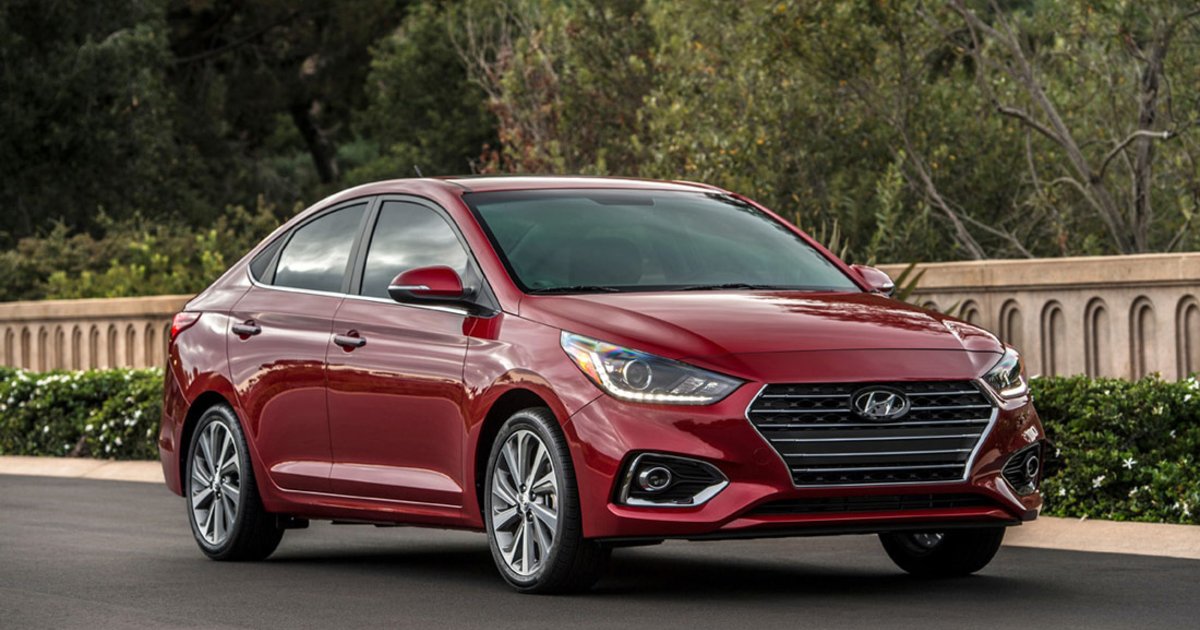
A surge in thefts of Hyundai and Kia vehicles is plaguing cities across the country, with potential thieves being shown on social media how to bypass security features in some models.
While the U.S. is seeing an uptick of automotive thefts in general, Kia and Hyundai models are making up a majority of cases in many cities.
In St. Paul, Minn., Fox 9 reported that almost a quarter of 2022’s auto thefts so far have been Hyundai or Kia vehicles. In Grand Rapids, Mich., MLive reported Hyundai and Kia models made up around 45 percent of the city’s auto thefts in June.
In St. Louis, there had been a 254 percent increase in Kia thefts and a 222 percent increase in Hyundai thefts in 2022 compared with the same time period in 2021, Spectrum News reported in early June.
Reports from cities such as Memphis, Tenn., Cincinnati and Columbus, Ohio, tell similar stories.
Some city governments have blamed Hyundai and Kia for not including engine immobilizers in some models.
Engine immobilizers are an anti-theft technology that prevent a vehicle’s engine from starting without a digitally coded key or fob. Some types of keys don’t have these devices.
In Milwaukee, which saw an increase in Hyundai and Kia thefts in 2021, two council members penned letters to the brands, claiming they were directly responsible for the surge.
“We write to ask that KIA Motors America Inc., make fundamental changes to the mechanisms used to secure its vehicles,” one letter to Kia said. “We do this not only in the interest of protecting the property and persons of those who purchase your vehicles, but to try and do something to lessen the drain on police and other resources that seems directly attributable to certain defects in their locking system.”
According to some reports, users on applications such as TikTok and YouTube are giving detailed instructions on how to steal the immobilizer-less vehicles.
YouTube user El Mechanic, for example, posted a video in November 2021 demonstrating how to steal a Hyundai vehicle with a USB charger. It is unclear what model is shown.
“They peel your steering column, and literally put a phone charger in here,” the user said while filming the process. “And it overrides the chip in the key … fire in the hole.”
The “Kia Boys” are mentioned in both El Mechanic’s video and in local news reports.
Reportedly, the moniker is attributed to a viral group who steal Kia and Hyundai vehicles and post the crimes on social media. Police officials in numerous cities claim those emulating the trend are to blame for the recent sprees.
A Hyundai spokesperson told Automotive News in an email that the company is aware of the thefts and that engine immobilizers are installed in new Hyundai models.
“Hyundai Motor America is concerned with the rise in local auto thefts. The safety and well-being of our customers and the community is and will remain our top priority,” the spokesperson said. “These vehicles meet or exceed Federal Motor Vehicle Safety Standards and engine immobilizers are standard equipment on all new Hyundai vehicles.”
Kia America, in a written statement, said it was also aware of the trend.
“Kia America is aware of the rise in vehicle thefts of a subset of trim level vehicles. As of the current 2022 Model Year, all Kia vehicles have an engine immobilizer fitted as standard,” the company said. “All Kia vehicles for sale in the U.S. meet or exceed Federal Motor Vehicle Safety Standards.”
Dealers are feeling the pinch, too, as vehicles damaged in thefts roll into their service departments.
Juston Anderson, general manager of Buerkle Hyundai in St. Paul, Minn., said he is concerned about customers as they deal with insurance claims in the aftermath of such crimes.
“Where I see the pain point happening is with the relationship between when the customer is having to deal with the insurance company,” Anderson said. “We have a big body shop, and [the vehicle] would just sit here until the insurance company approves the work.”
Anderson is hoping for more guidance from the manufacturer if the crime spree continues.
“Obviously the customer doesn’t feel good about the situation, knowing that [their car] can be stolen at any time in a matter of minutes,” Anderson said. “So we’re really hoping the manufacturer, at some point, has some guidance that could help us at least have some good news to tell the customer.”